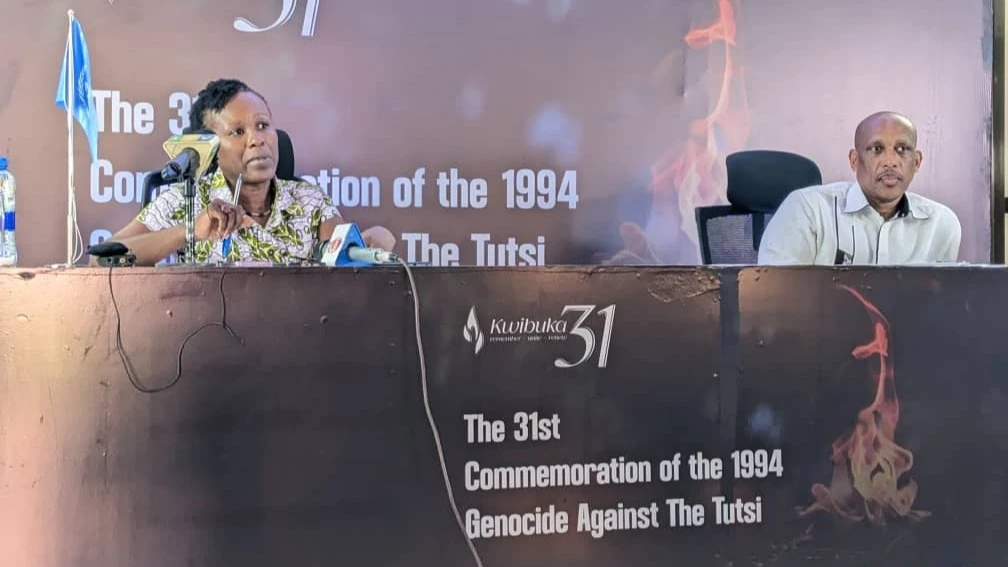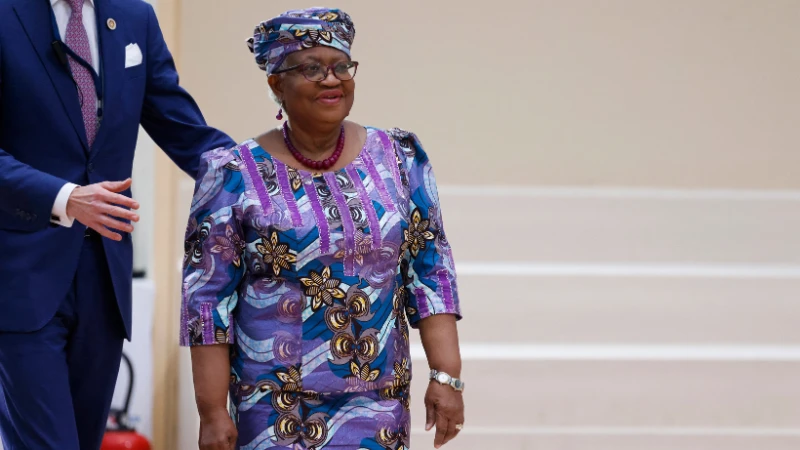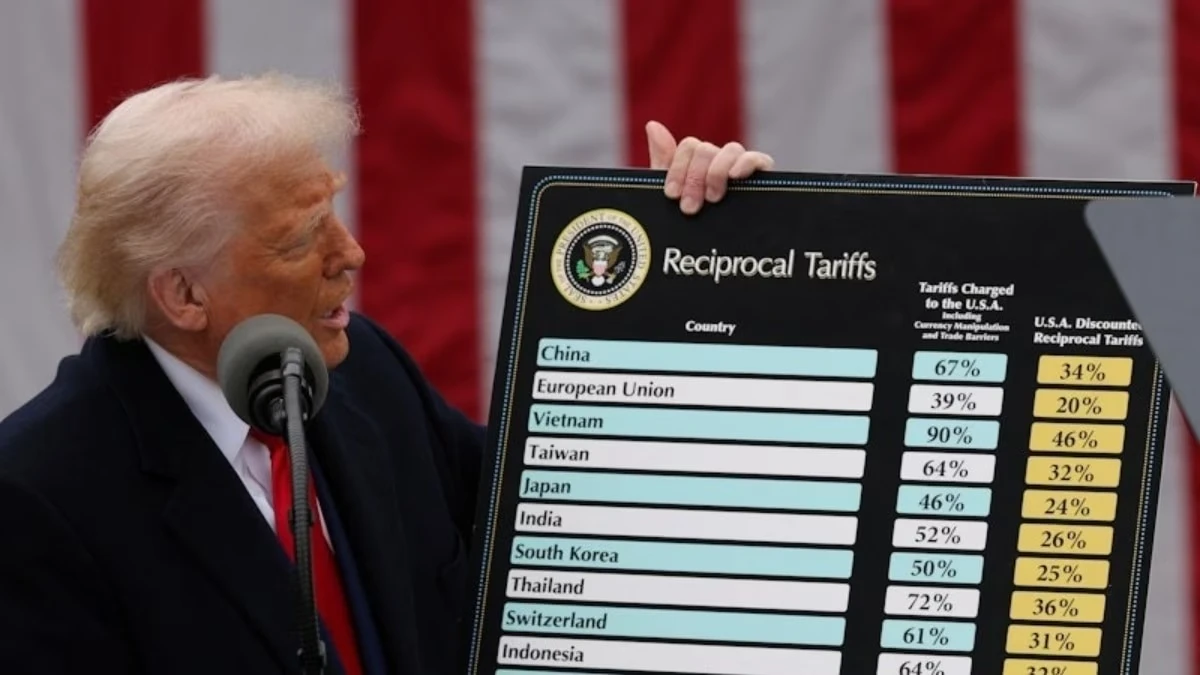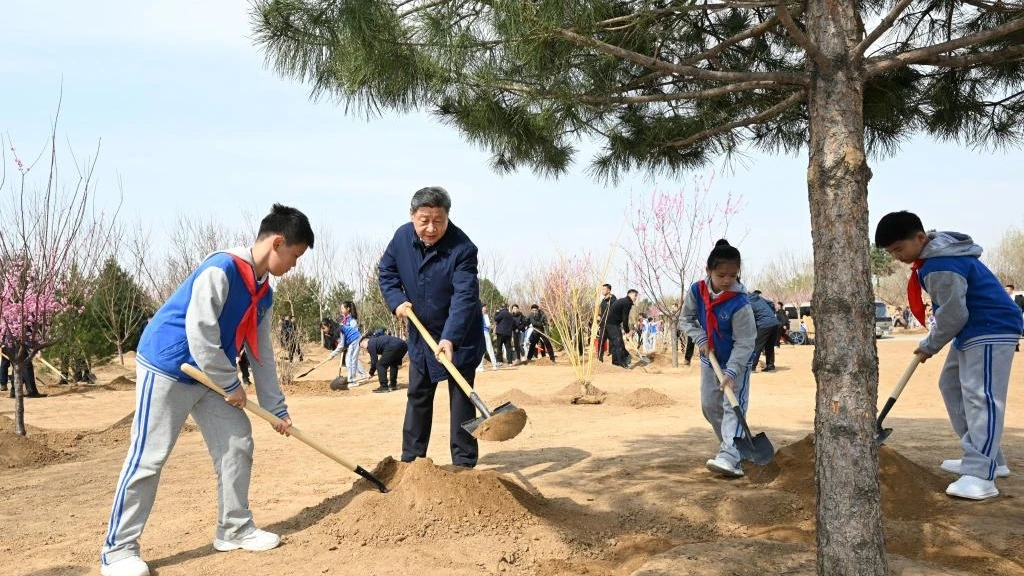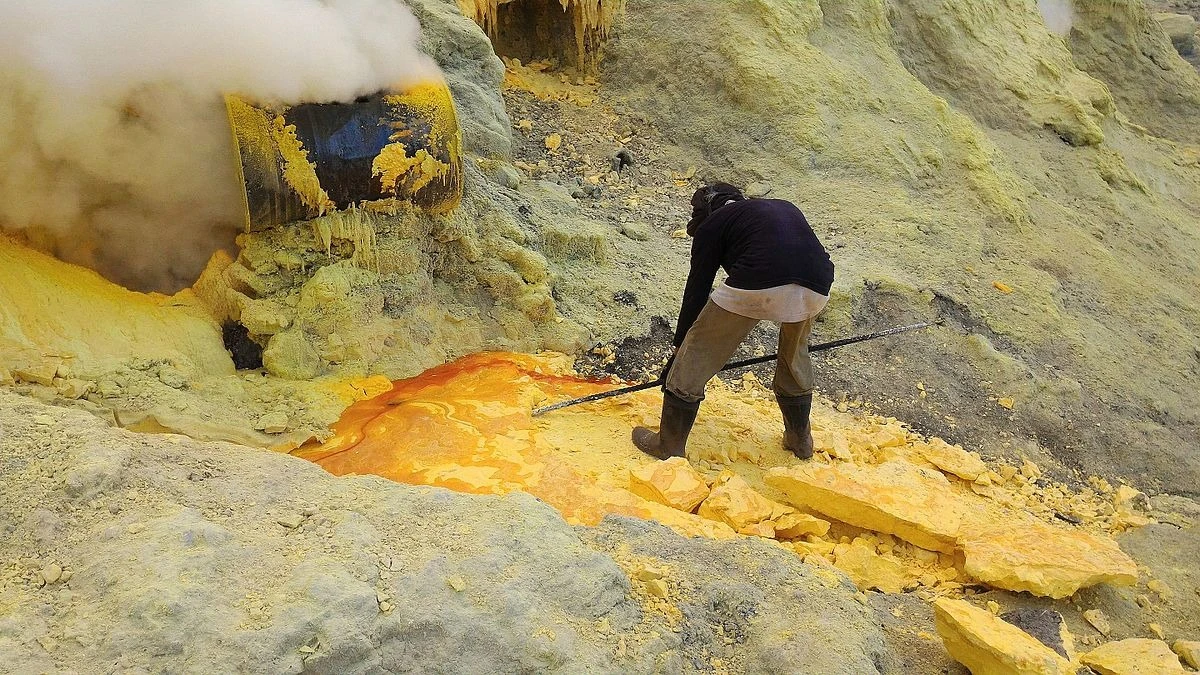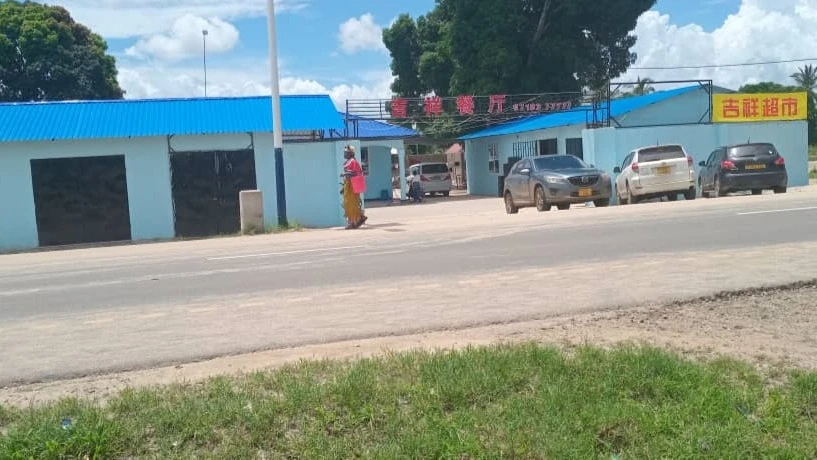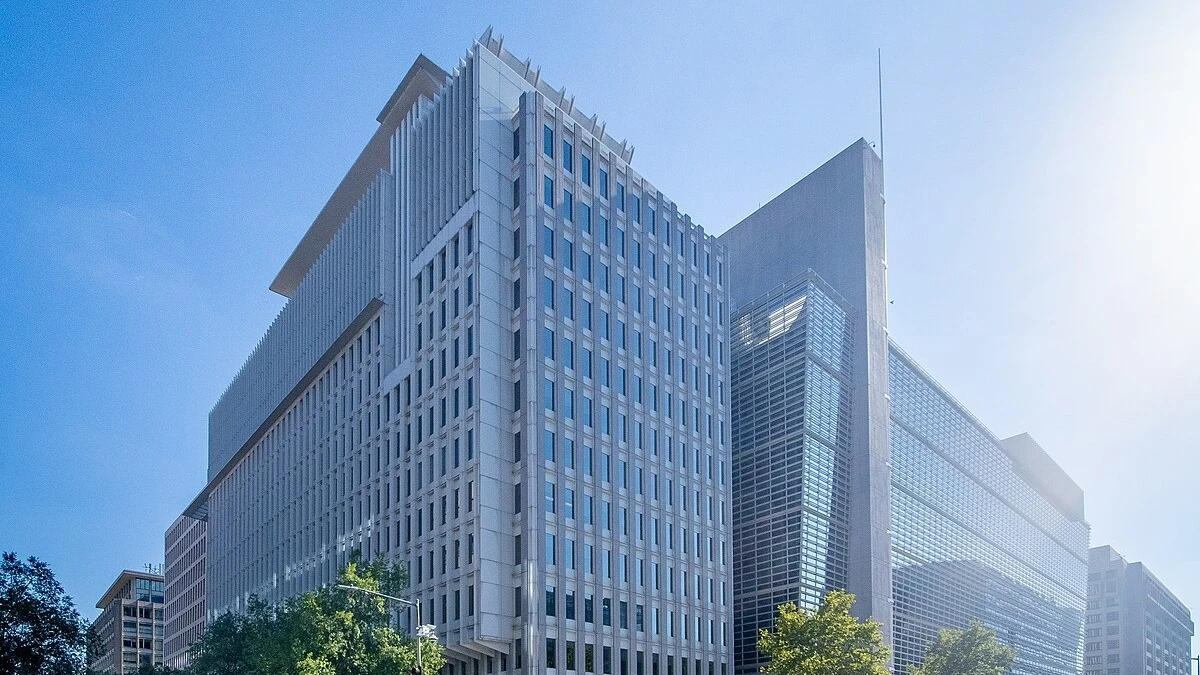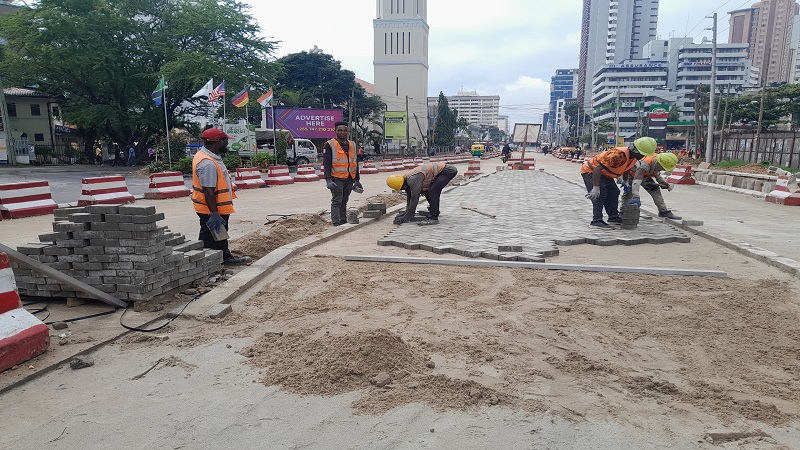World Bank redesigns stalled REGROW drive

THE World Bank has completed a review and redesigning of the Tanzania Resilient Natural Resource Management for Tourism and Growth (REGROW) project, it said in a statement issued in Dar es Salaam yesterday.
The statement carrying a dateline of World Bank headquarters in Washington DC said that the management and action plan for the area sought to improve natural resource and tourism management in southern Tanzania and enhance alternative livelihoods for local communities.
A review of the management report and action plan for uplifting livelihoods and water resource management for communities around the Ruaha National Park has adopted a format aligned with the country partnership framework intended to aid poor and vulnerable communities through livelihood development, climate resilience initiatives and social services, it said.
The plan follows an investigation into the $150m credit by the International Development Association (IDA), the concessional loans window of the World Bank, implemented by the Tanzania National Parks Authority (TANAPA) as a government agency.
The statement indicated that on July 20, 2023, activists representing two individuals said to be from the project area submitted a request for inspection to the bank’s inspection panel, alleging threats of eviction from the park authorities, excessive force by wardens along with cattle seizures.
A second request, submitted on March 3, 2024, raised concerns about imminent eviction of households and escalating seizure of livestock and equipment, it elaborated, upon which the World Bank suspended project disbursements on April 18, 2024, citing the government’s non-compliance with resettlement obligations, it specified.
The government later opted to stay relocation of communities and instead cancelled the project in November 2024, the statement noted, affirming that the panel’s investigation found that “the risks of potential resettlement and conflicts related to park access were not fully identified or mitigated, resulting in non-compliance with safeguards.”
Anna Bjerde, the World Bank managing director for operations, expressed regret that the REGROW project did not adequately account for risks, resulting in insufficient mitigation measures.
The new management and action plan will be focused on community livelihoods, legal aid and improving grievance mechanisms to ensure safe and confidential channels for affected individuals to voice their concerns, she stated.
The statement asserted that the World Bank engaged extensively with affected communities before approving the new action plan, while the government has expressed commitment to implement the plan, with the bank offering support and oversight.
Ibrahim Pam, chairman of the bank’s inspection panel, said that this investigation highlights key lessons for the bank's approach to conservation projects involving resettlement and access restrictions.
“Management acknowledges its compliance failures and is taking corrective action," he said, noting that the board recognized the project's importance to development activity, stressing the need to learn from implementation challenges.
Executive directors welcomed the actions taken by the bank and the government to address concerns and reaffirmed the commitment to learning from this experience, the statement added.
Top Headlines
© 2025 IPPMEDIA.COM. ALL RIGHTS RESERVED








